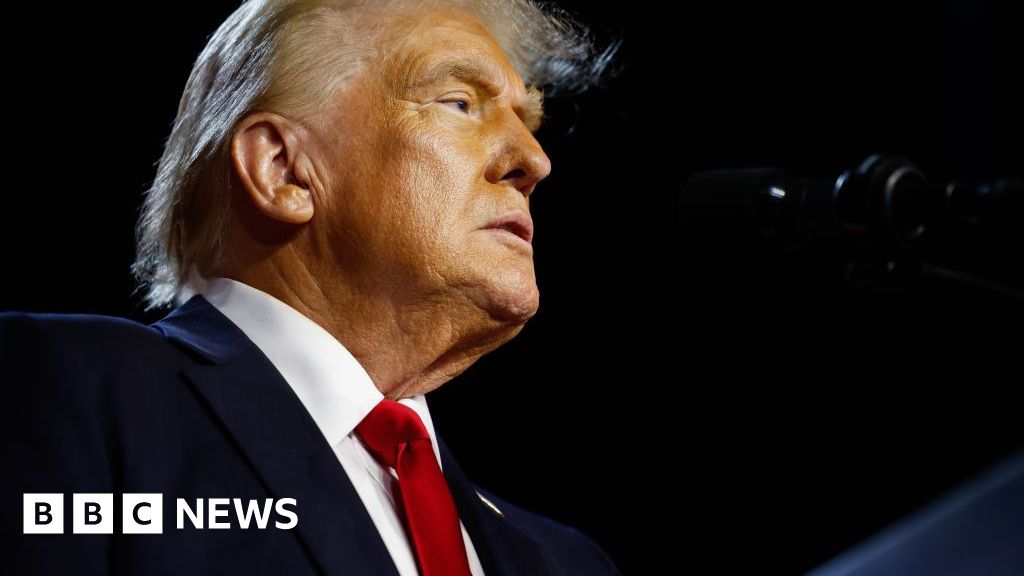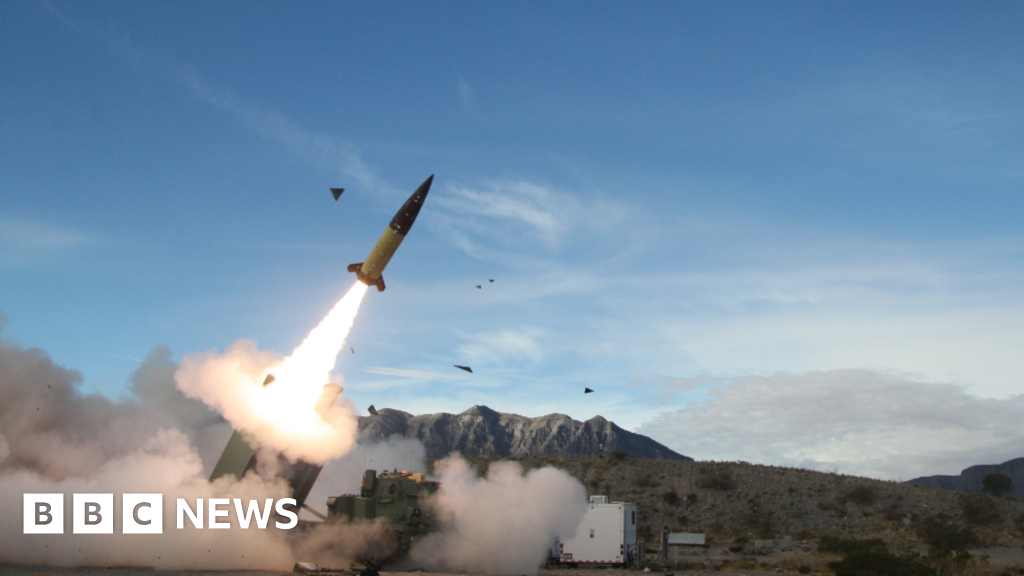ARTICLE AD BOX
By Samantha Granville
BBC News, Odesa
Boris cannot sell his harvest because Black Sea ports are closed
Every now and again, Boris lights a cigarette and nervously smokes away as he watches workers on his farm remove and repair parts of a ploughing machine.
"The decision to continue sowing and to continue work was caused by the fact that you need to work in order to pay salary to workers, to pay people from whom I rent this land," he tells me. Boris has asked us not to use his surname for this story.
Even though much of the Odesa region on Ukraine's Black Sea coast has been spared from the heaviest fighting, nothing is guaranteed.
Russian troops seized the city of Kherson 200 km (125 miles) to the east and its navy is believed to have up to 30 war ships stationed in the waters, from where they fire missiles on land and threaten to stage an amphibious landing.
Thirty-eight-year old Boris sent his wife and two sons abroad for fear of a possible occupation. He stayed to keep the farm running through the war and as he opens a vast warehouse the size of two or three football pitches, he reveals just how tough his job is.
Stored in a massive pile is about 1,000 tonnes of black sunflower seeds, used to make cooking oil. Ukraine is the world's biggest exporter of seed oil.
But right now, Boris cannot sell his harvest because, he says, "the Black Sea is closed and there is no way to sell products. Existing channels for sale unfortunately offer very low prices, which are not profitable."
Boris says if he does not sell this stock within 18 months, it will rot here on his farm. A cruel irony, considering the increasing number of people around the world who are struggling to put food on their tables.
Time is running out for Ukraine's farmers
Russia's shock invasion of Ukraine in late February has had a big knock-on effect on global food prices. According to the United Nations Food and Agriculture Organisation, the price of vegetable oils increased by 23% in March, wheat prices by 20% and maize 19.1%.
Ukraine and Russia are big exporters of these commodities. Prices had been rising before the war because the Covid-19 pandemic disrupted supply chains and bad weather affected harvests: this is now another strain for families.
In Chornomosk, an hour's drive east from Odesa, I meet Roman Skyba. With a shaved head, beard and leather jacket, he could fit in at a trendy bar or restaurant anywhere in the world. His job is to make sure food supplies get to your favourite eatery, perhaps.
"In normal life, we ship grain cargoes: corn, wheat," he tells me as he shows me around his now almost empty warehouses.
"In the port of Chernomorsk, about 12 to 14 ships are now moored at the berths. There are approximately 400,000 tonnes of grain crops on board these ships. And the countries to which these goods were supposed to go under contracts will not receive them," he adds.
The grain from Mr Skyba's warehouses is usually destined for Egypt, Lebanon and Saudi Arabia, which are already experiencing price hikes. All along Ukraine's Black Sea coast, Russia has staged a blockade and millions of tonnes of grain cannot leave.
Both countries also accuse one another of dropping mines in the waters, making sailing hazardous not only for their vessels, but those from neighbouring countries too.
Roman Skyba's warehouses are now almost empty
So what would happen if the war was to end soon? How quickly could shoppers around the world feel some relief?
Mykola Gorbachov is president of the Ukrainian Grain Association, which represents 40 major exporting companies. On the phone from the capital, Kyiv, he tells me: "For the moment, we have enough stocks, about 20 million tonnes of grain. And we can export these immediately because all grain infrastructure survived."
But should the conflict continue, Mr Gorbachov is worried that many farmers will be able to survive only one more harvest without selling their crops before they become bankrupt and shut down their operations. It will be even harder to kick-start global trade from here after that.
With key production areas in Mykolaiv, Kherson and Zapporihzia under Russian occupation, his association expects that the next harvest will be 40% lower than the last one.
"Farmers will not go to the fields in some territories, there are too many mines which have to be disarmed by the military. We will see decreasing yields, because there won't be enough fertiliser and farmers will use cheaper seeds," he says.
Nika Teplyts is running her bakery on stockpiled ingredients
Despite Ukraine's large grain stocks, it's becoming harder to feed its own people. In the centre of Odesa, Nika Teplyts is hard at work at her bakery.
Looking at its string lights and perfectly lined-up pastries, you wouldn't know that there's a war going on outside the quiet of the café. But Nika's bakery is running on reserves it stocked before the war - and she's worried there are wheat shortages to come that will affect her ability to bake.
"Some parts of the country have now been cut off. And the logistics were also blocked. Because of this, there is already a clear lack of supplies that will be distributed to our region as well," she tells me.
Back on the farm, Boris says he'll keep fighting the evil that's trying to destroy his business and his country. "People will feel the consequences around the world," he says. "Long enough, even after the end of the war, because the world has changed."
As Ukraine's farmers are stretched further to the brink, the more pressure world leaders will face to end this war and to help families put food on their tables.

 2 years ago
28
2 years ago
28








 English (US)
English (US)